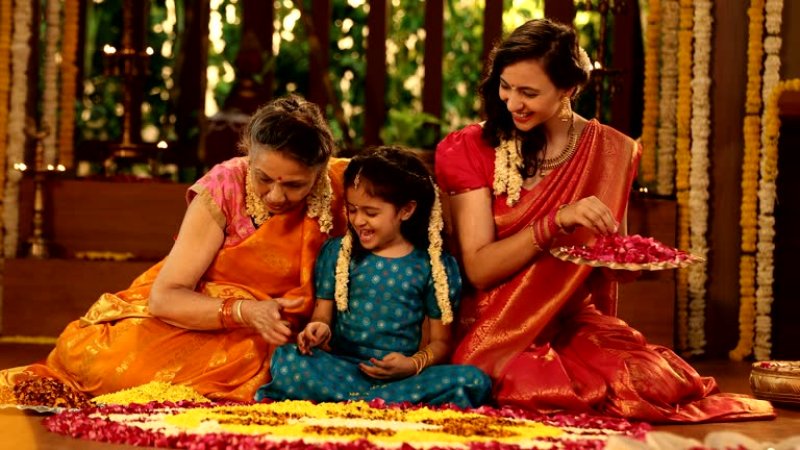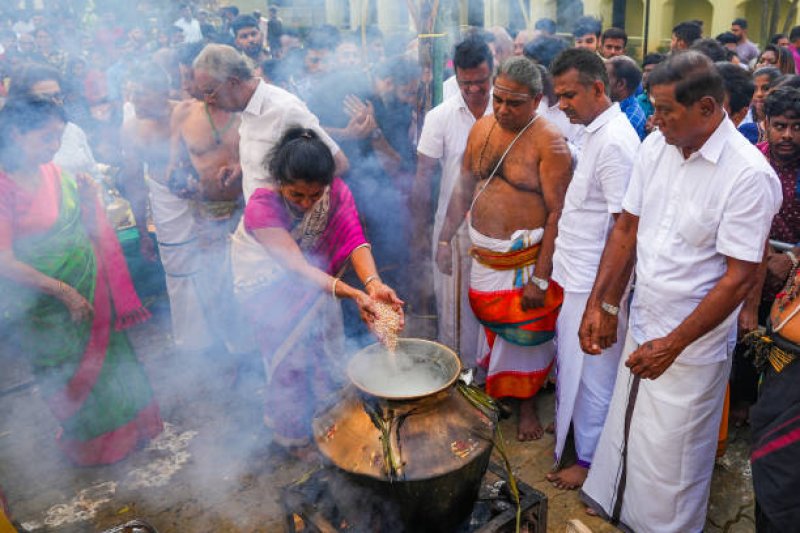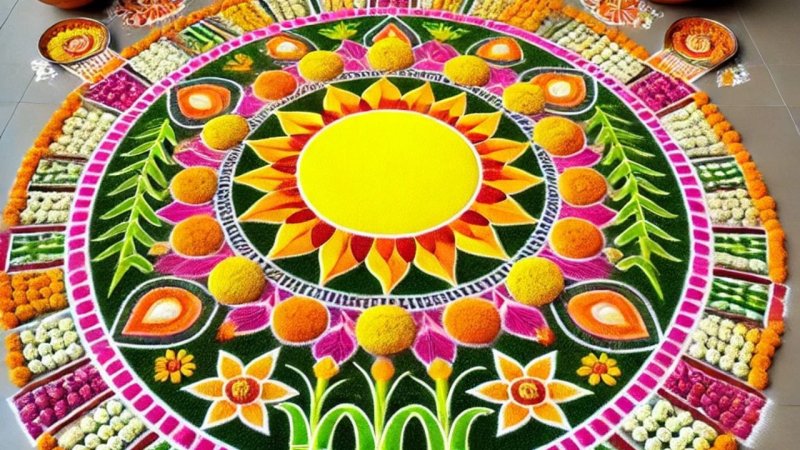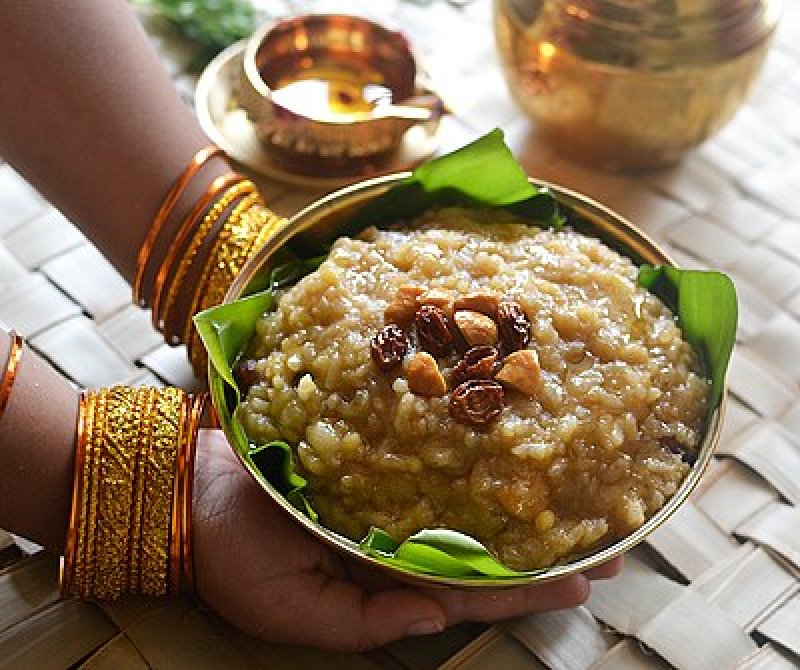

A Message from the Ziradaily News Team
On behalf of the Ziradaily News team, we extend our heartfelt wishes to all our readers celebrating Pongal! May this festival bring prosperity, joy, and new beginnings to you and your family. Let us come together to honor the harvest, the Sun, and the vibrant traditions that unite us.
Happy Pongal 2025!
 Thai pongal day in Sri Lanka
Thai pongal day in Sri Lanka
A harvest festival at its core, Pongal is a time to give thanks for the bountiful harvest, honor the crucial role of the Sun in agriculture, and celebrate the cultural ties that bind the Tamil people to their land.
 Thai pongal day in Sri Lanka
Thai pongal day in Sri Lanka
Pongal is celebrated with enthusiasm in Tamil Nadu, India, and in Tamil diaspora communities across the world, including Sri Lanka, Malaysia, Singapore, and Mauritius. The festival spans four days, each with its unique rituals and significance.
The Four Days of Pongal Bhogi (First Day): The celebrations begin with Bhogi, a day for renewal. People clear out old belongings, burn them in bonfires, and clean their homes, symbolizing the removal of the old to make way for new beginnings.
 Traditional kolam
Traditional kolam
Thai Pongal (Second Day): The main event of the festival, Thai Pongal is a time to offer prayers to the Sun God. Families prepare the traditional dish of Pongal—a mixture of rice, milk, and jaggery—and cook it in clay pots under the open sky. The dish, once it overflows, symbolizes abundance and prosperity.
 Sweet Pongal
Sweet Pongal
Mattu Pongal (Third Day): This day honors cattle, particularly cows and bulls, which play an essential role in farming. Farmers decorate their animals with garlands and colorful powders, offering them special meals as a gesture of gratitude.
Kaanum Pongal (Fourth Day): The final day is dedicated to socializing with friends and family. People visit relatives, share festive meals, and engage in traditional cultural activities such as music, dance, and rural games like Kabbadi and Tug of War.
Rituals and Cultural Significance
The rituals during Pongal are a beautiful blend of spirituality and celebration. The highlight of the festival is the cooking of the traditional Pongal dish, which is boiled until it overflows, symbolizing the blessings of abundance. Intricate kolams (rice flour designs) are drawn at the entrance of homes, inviting prosperity and good fortune. Families also participate in cultural performances and traditional dance forms such as Kuthu and Kolattam, filling the atmosphere with joy and excitement.
Interesting Facts About Pongal
Cattle Importance: Cows and bulls are revered during Mattu Pongal, as they are instrumental in the agricultural process. Farmers take pride in adorning their cattle and showcasing them during the celebrations.
Regional Variations: While the core of the festival remains the same, Pongal celebrations can vary regionally, with different local dishes, rituals, and events making each celebration unique.
A Time for New Beginnings: Pongal is not only a time to celebrate the harvest but also a time for personal renewal. It is an opportunity to make new resolutions, set goals, and embrace fresh beginnings, much like farmers sowing seeds for the new crop.